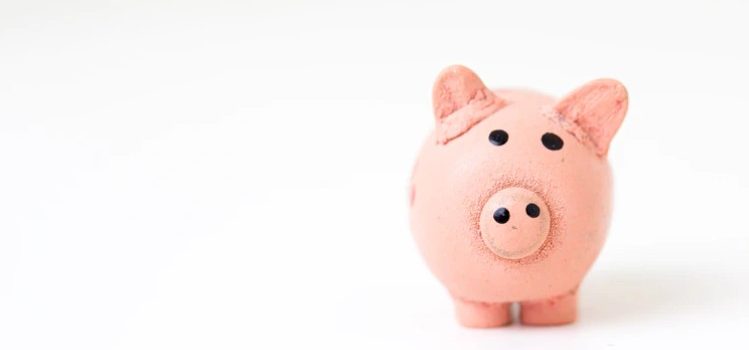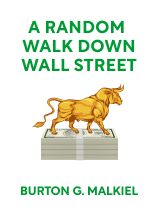

This article is an excerpt from the Shortform book guide to "A Random Walk Down Wall Street" by Burton G. Malkiel. Shortform has the world's best summaries and analyses of books you should be reading.
Like this article? Sign up for a free trial here .
What are some safe alternatives to savings accounts? Which is the best choice you for?
Keeping a robust cash reserve is essential for emergencies, but it can also be a losing proposition if your savings account interest rate is lower than the inflation rate. There are a number of safe alternatives to savings accounts that will allow your cash to keep pace with inflation.
Keep reading for a list of safe alternatives to savings accounts.
5 Safe Alternatives to Savings Accounts
The following safe alternatives to savings accounts show you the best options for storing your cash safely:
1) Money-Market Mutual Funds
The first safe alternative to savings accounts is money-market mutual funds. With higher interest rates than your standard savings account but with similar liquidity—you can write checks up to $250 against your account balance—money-market mutual funds are the best product for cash reserves.
That said, make sure to choose a low-expense option like those offered by Fidelity or Vanguard.
2) Bank Certificates of Deposit
If you know the date of a sizable future expenditure in advance, certificates of deposit (or “CDs”) are your best choice.
Safe and simple, CDs offer a guaranteed return by the date of maturity. For example, if you know that you’re going to need to pay college tuition in a year, two years, and three years, you might buy three CDs, each maturing a year after the other.
The primary drawback to CDs is its relative illiquidity. Make sure that you’re willing to live without your funds for the duration of the CD’s term.
3) Internet Banks
Due to their lower overhead—all business is conducted electronically—internet banks often offer higher rates on deposits. A simple Google search for “internet banks” will return dozens. Try to choose a bank insured by the Federal Deposit Insurance Corporation (FDIC), which will protect your deposit in case of a bank failure.
4) Treasury Bills
Arguably the safest investment in the world and one offering tax-free returns, Treasury bills (or t-bills) are financial instruments issued by the U.S. government. They’re offered with various maturities, at a minimum of $1,000 face value. You can purchase t-bills directly from the U.S. government at www.treasurydirect.gov.
5) Tax-Exempt Money-Market Funds
Individuals in the highest federal tax bracket will find tax-exempt money-market funds the best choice for their cash reserves. These funds invest in short-term issues by local and state governments. You can write checks up to $250 against these accounts; and though tax-exempt funds offer lower interest rates than taxable funds, their yields end up being better after taxes are taken into account.
Tax-exempt funds are especially attractive for individuals who live in areas with high-income taxes. The key to reaping those benefits is making sure the fund only invests in issues from the state in which you pay taxes.
The above safe alternatives to savings accounts and explanations will help you find the best option for you.

———End of Preview———
Like what you just read? Read the rest of the world's best book summary and analysis of Burton G. Malkiel's "A Random Walk Down Wall Street" at Shortform .
Here's what you'll find in our full A Random Walk Down Wall Street summary :
- A comprehensive and entertaining introduction to the world of finance
- Practical investment principles that work for every skill level
- The advantages of index investing






